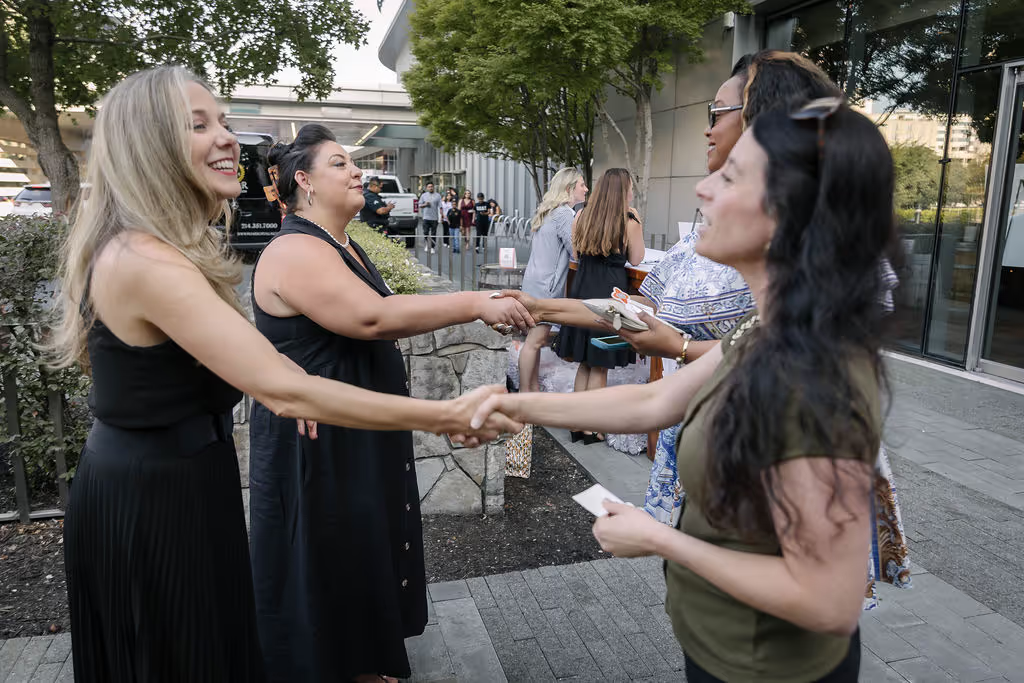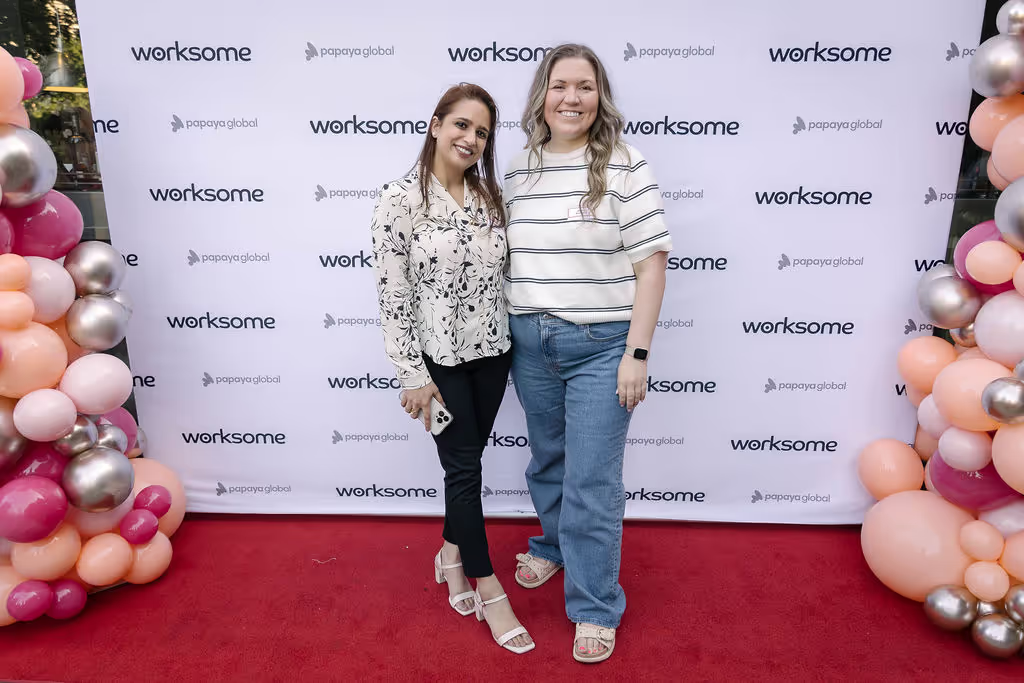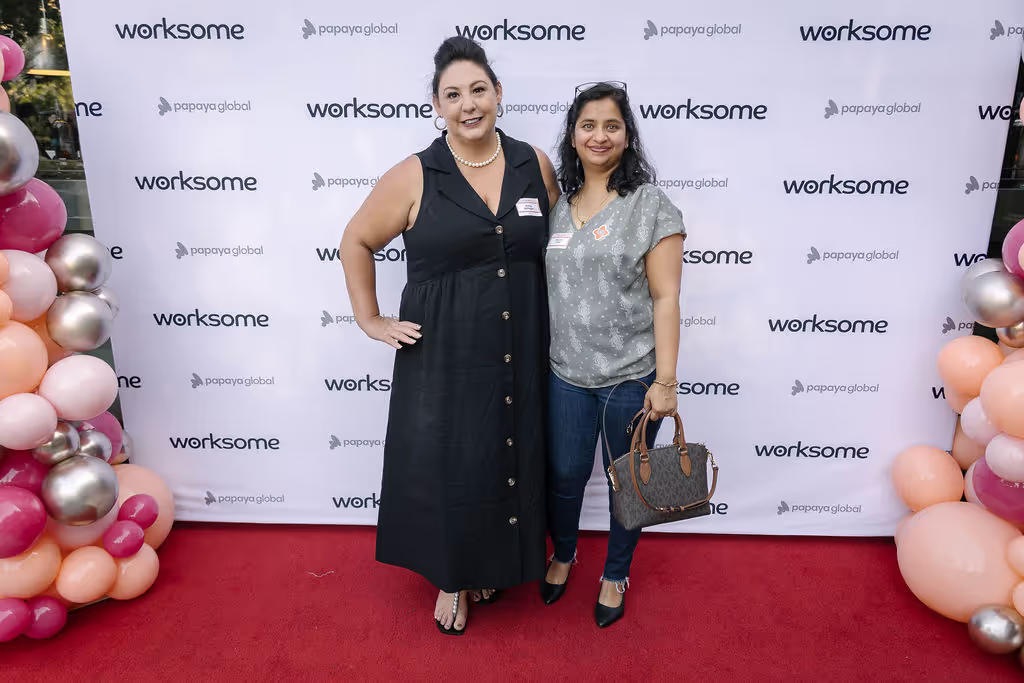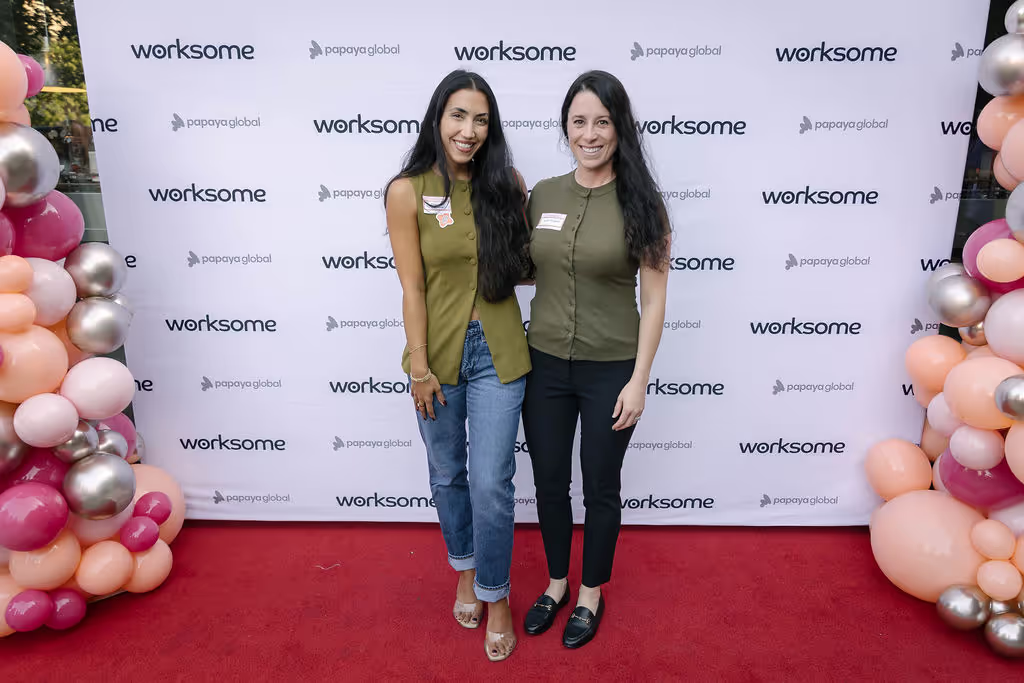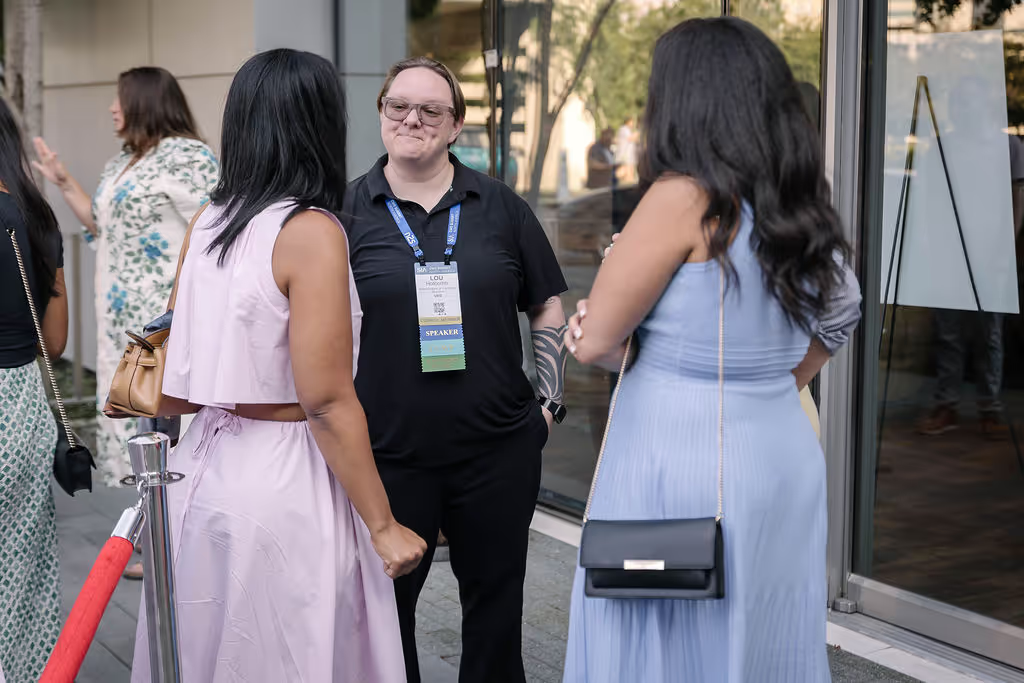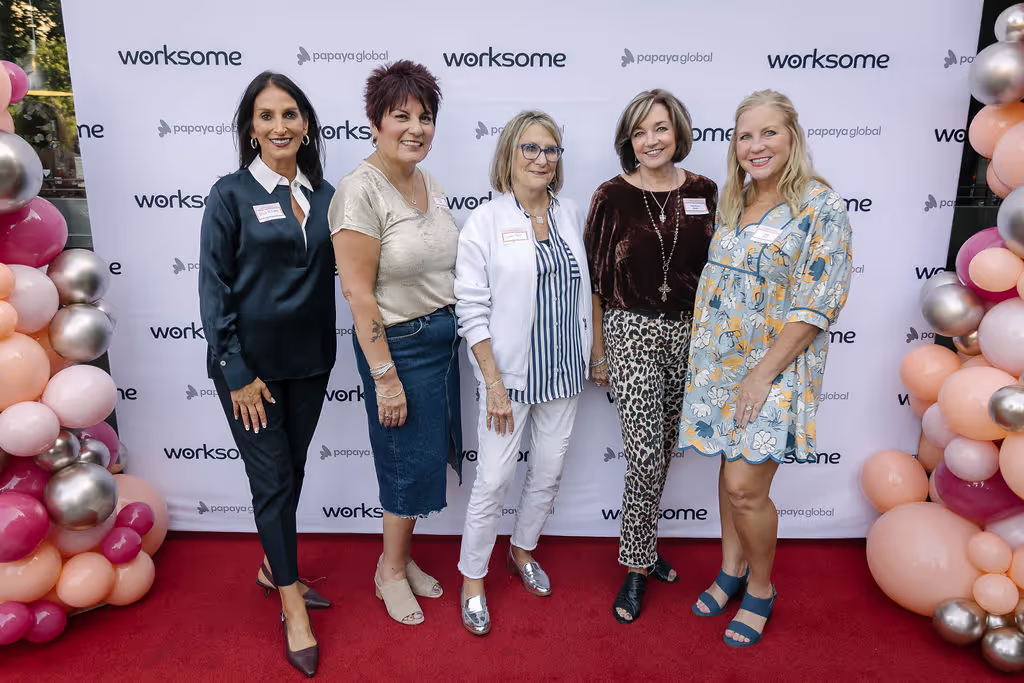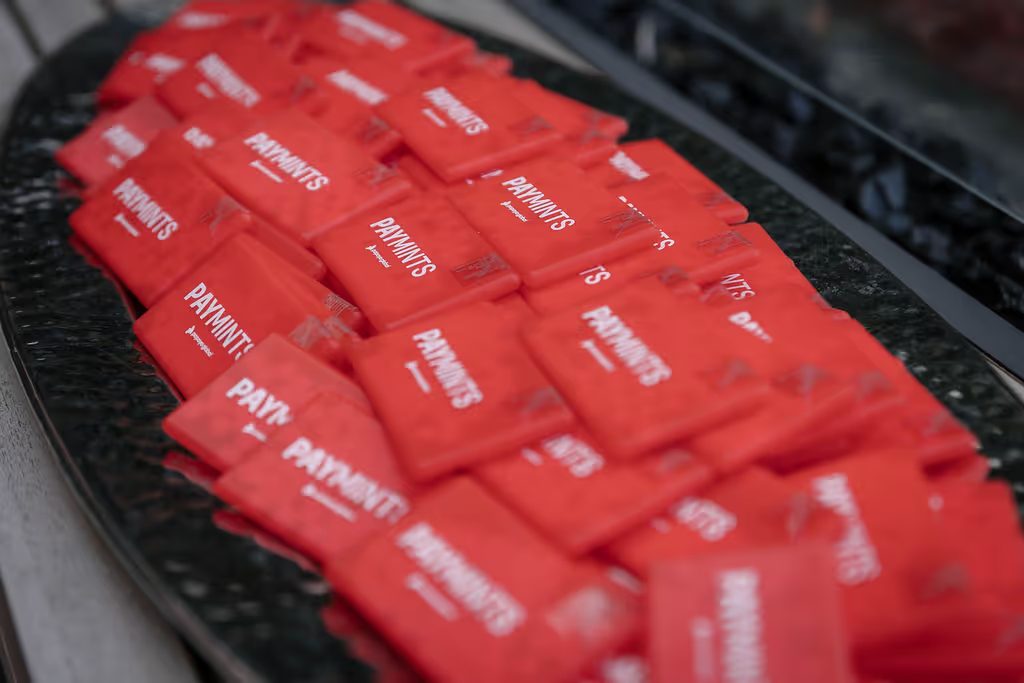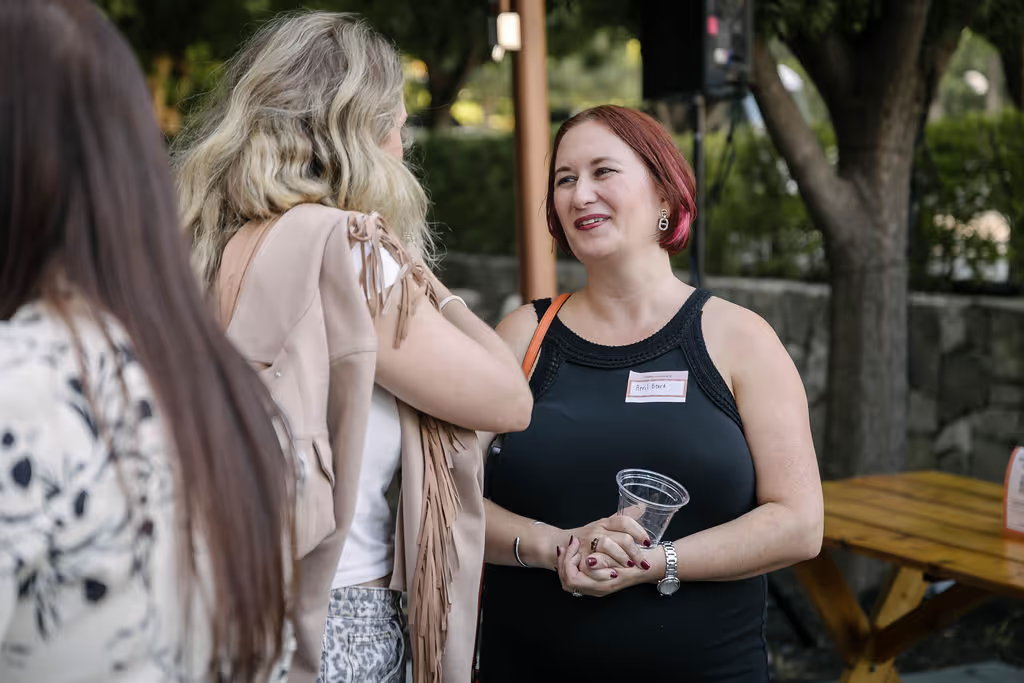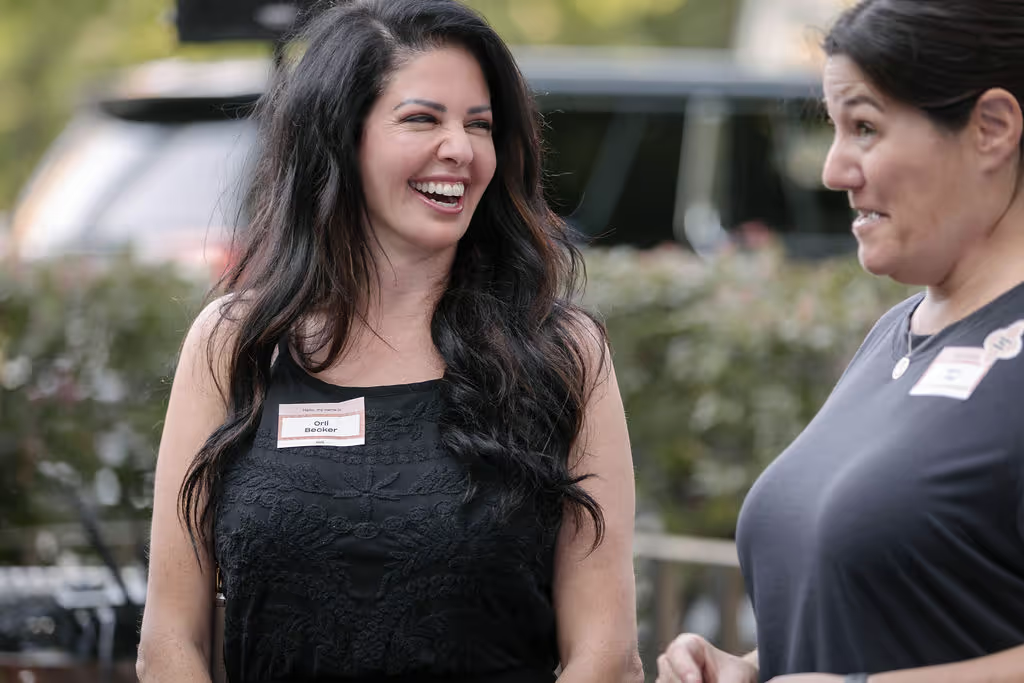Hiring a freelancer shouldn’t feel like reinventing the wheel. But for many organizations, that’s still the reality: manual workflows, inconsistent onboarding, compliance gaps, and unclear ownership. In this session, leaders from Oliver and Publicis Groupe unpacked how they moved from reactive fixes to building structured, scalable freelance operations.
The panel featured Russ Endacott, Director of Talent (HR) Operations at Publicis Groupe and Mehmet Aslan, Global Resourcing Operations Manager at Oliver, and moderated by Erika Novak, Head of Customer Success at Worksome.
Why Programs Matter: Fixing the Foundation
For both Oliver and Publicis, the path to formal freelance operations began with risk. At Oliver, it was IR35 compliance and explosive global growth. At Publicis, it was non-compliance issues and a broken freelancer experience. Both leaders realized that freelance engagement would always involve some reactivity, but the operations didn’t have to.
“Freelancers will always be a reactive need, but you can still have a proactive system.” — Russ Endacott, Publicis Groupe
The lesson: don’t wait for risk to force your hand. Build the structure early, or keep putting out fires.
Alignment Isn’t Optional
Scaling freelance operations requires more than smart tools; it takes people alignment. Mehmet emphasized involving stakeholders early and using transparency and pilot programs to build trust. Russ reinforced the importance of reading the room: knowing when to lead with empathy and when to take a firmer stance.
“Bring everybody in early. Build trust with transparency and pilots.” — Mehmet Aslan, Oliver
When internal stakeholders understand the “why,” programs move faster and with fewer roadblocks.
Design Systems That Just Work
Across industries, the biggest operational risks come down to one thing: inconsistent process. Oliver replaced scattered emails with an internal ticketing system to track requests, collect data, and forecast needs. Publicis centralized workflows and approvals to avoid payment delays and misaligned onboarding.
“We’re not saving lives, but if we don’t get freelancers paid on time, it’s a disaster.” — Mehmet Aslan
“Get the good work in early. Everything flows from there.” — Russ Endacott
The operational must-haves: a central intake system, smooth onboarding, payment clarity, and consistent global workflows.
Speed Through Compliance
IR35 was a major catalyst for change, but neither panelist sees compliance as the enemy of progress. In fact, compliance was the enabler.
“It’s not speed versus compliance, it’s speed through compliance.” — Mehmet Aslan
“Compliance isn’t pain. It’s common sense. Make it part of the process, not a burden.” — Russ Endacott
Embedding compliance into systems, not layering it on afterward, is what keeps programs fast, efficient, and scalable.
Data Powers Decisions
Once freelance requests were centralized, Oliver could report on freelancer usage, skillsets, and bottlenecks. That visibility helped justify continued investment. At Publicis, data helped eliminate manual work and automate approvals, turning operations from reactive to predictive.
“Gather data by embedding it in the day-to-day process. That’s how you get visibility.” — Mehmet Aslan
Strong freelance operations aren’t just about tracking invoices, they’re about forecasting demand and showing results.
Start Small, Scale Smart
“Freelancers want to belong. They don’t want to feel like a line item.” — Russ Endacott
The panelists offered grounded advice for leaders ready to formalize their freelance approach: don’t try to change everything at once. Find quick wins. Invest in the right people and systems. And remember what makes freelancers come back.
“Invest in your overheads. Ops people are the ones who help your business scale.” — Mehmet Aslan
The Bottom Line
Building freelance talent operations doesn’t mean adding red tape. It means enabling trust, reducing risk, and speeding up access to the right talent at the right time. When systems are clear and compliant, teams move faster and freelancers stick around.
“Understand why you’re building the program and never lose sight of that why.” — Erika Novak


.avif)



